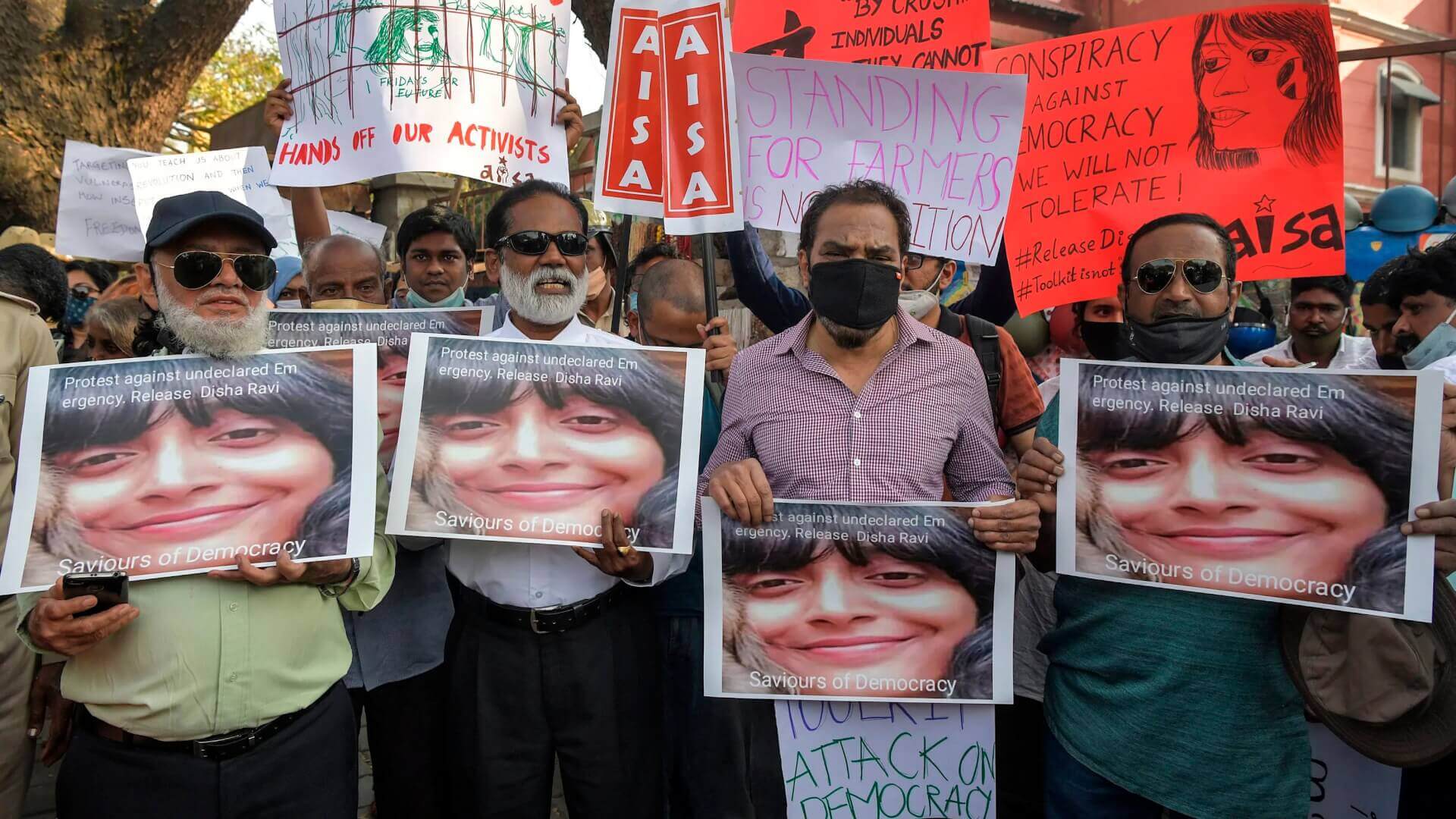UK-based Business and Human Rights Resource Centre (BHRRC) released a report on Wednesday claiming Indian activists were targets of at least 54 attacks while protesting business-related rights concerns.
The Report
The attacks detailed in this report demonstrate the severity of the risks and challenges faced by human rights defenders resisting harmful business in every region, in every sector - and their bravery and successes in the face of such persecution: https://t.co/N1n2ft0s3e https://t.co/RoqVpvLcen
— Phil Bloomer (@pbloomer) May 3, 2023
The only country to perform worse than India was Brazil, with 63 such incidents. Mexico, Cambodia, and the Philippines followed with 44, 40, and 32 attacks, respectively.
The report seeks to underscore the number of attacks against activists seeking to protect their “communities, environments, and livelihood” from the impact of “irresponsible business practice.” It has been tracking the activities of over 10,000 companies since 2002.
It emphasised that governments across the globe were using anti-protest, terrorism, defamation, and foreign agent laws to victimise dissidents.
To justify these allegations, it cited incidents worldwide, including the fight to protect rivers and biodiversity from hydroelectric projects in Mexico.
JSW Connection in India
India-based Jindal Steel Works (JSW) Steel Limited is one of the five companies connected to the highest number of activist attacks in 2022. In this regard, the report highlighted that, since 2018, rights activists had protested the construction of a steel plant in Odisha over the threat to the environment and residents’ health.
In response, the company said it was inappropriate for JSW to “comment on the police actions, which is beyond JSW’s control.” It further clarified that it believes that nobody in any country has the “right to take the law into their own hand.”
The Stats
BHRRC said it “tracked” over 4,700 such attacks from January 2015 to March 2023. Specifically, 555 attacks occurred in 2022, with over 10 activists attacked each week.
Of these attacks, 75% were against climate, land, and environmental defenders. Meanwhile, 23% were against indigenous defenders, comprising 6% of the global population and protecting 80% of global diversity. Additionally, 30% of attacks against activists were related to mining activities.
"India, Cambodia & the Philippines are among the most dangerous places in the world for human rights & labour activists with protests against corporate abuses often met with state-backed violence, according to @BHRRC"@erinhale on #HRDs ✍️ @AJEnglish ⬇️ https://t.co/hDaJuIxe3i
— Business & Human Rights (@BHRRC) May 3, 2023
Further, 25% were orchestrated against women defenders.
The report noted that 86% were “non-lethal” attacks, such as judicial action, arbitrary arrests, and smear campaigns.
Concerningly, most of these attacks do not make it to media sources. Moreover, it is difficult to identify the perpetrators of the attacks. However, at least 235 of the incidents in 2022 can be linked to multinational companies and their subsidiaries.
Given the impunity with which such non-lethal attacks are carried out, the actions have a chilling effect on human rights activists nationwide.
Despite the attacks, BHRRC’s assessment concluded that human rights defenders were able to achieve victories globally. For instance, in Sindh, Pakistan, protestors successfully secured a 40% increase in the minimum wage. Meanwhile, several female rights defenders were elected to senior political positions in Brazil.

